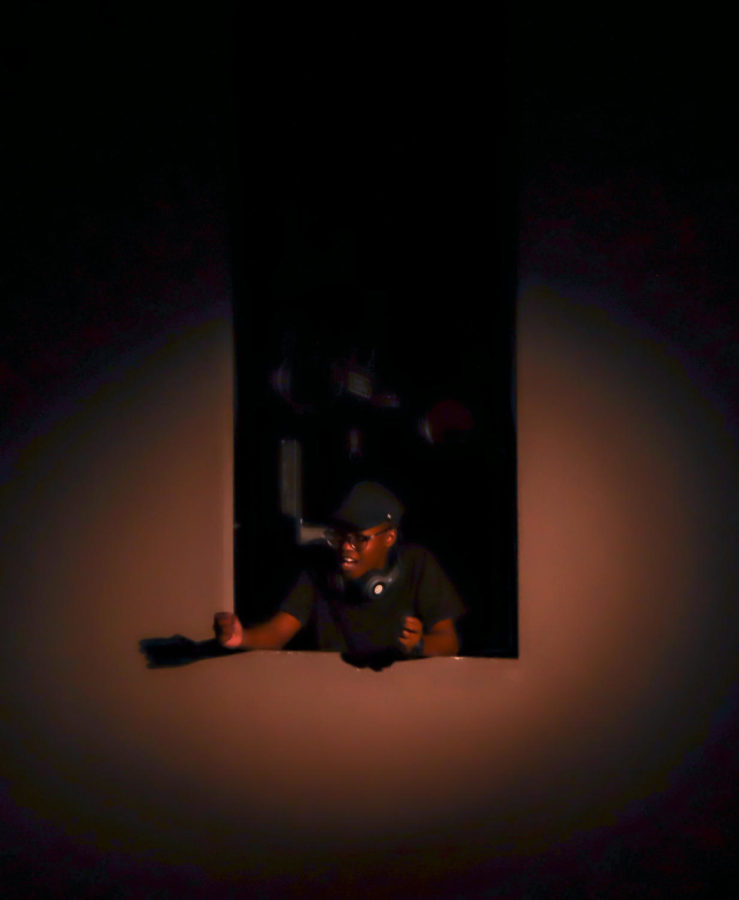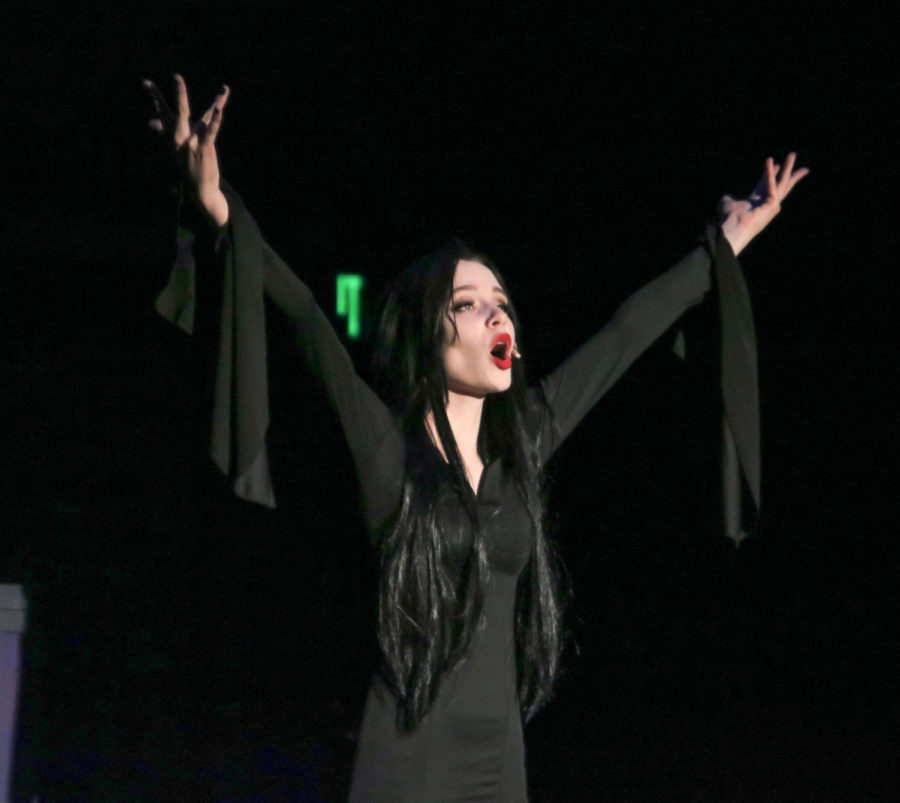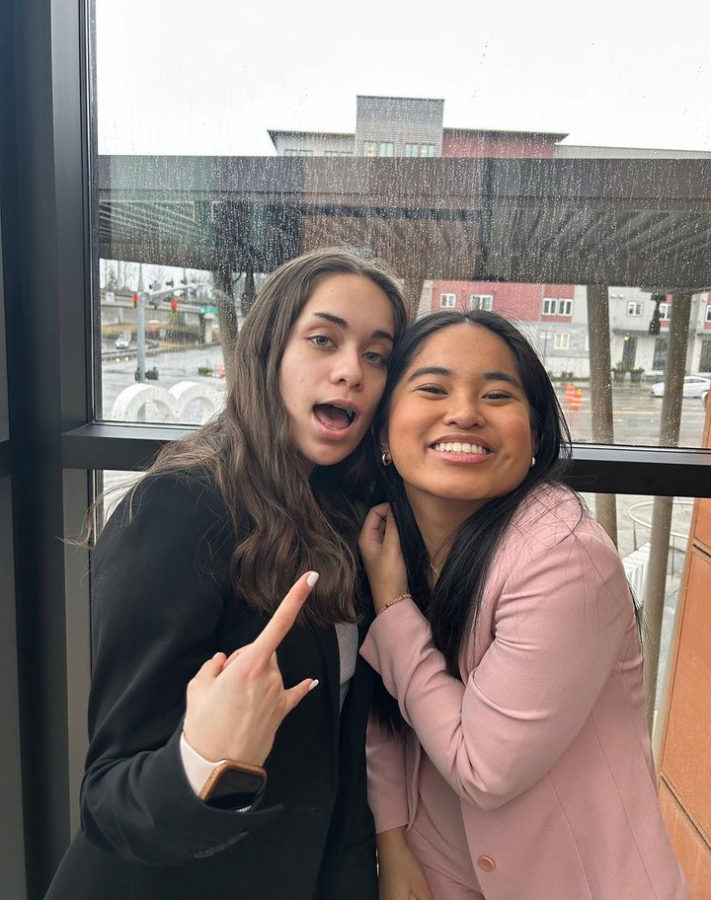There’s the famous saying about looking forward and to not dwell on the past. But with an hour long class everyday dedicated to the past, it’s hard to completely live by that motto.
At MTHS, 3.5 years of history are required to graduate. In freshman year, a student will take one semester of either regular or honors world history and from then on it’s a yearlong class every year.
In his article about history classes, Gutenberg College professor David Crabtree defined history as “a story about the past that is significant and true.” He also stressed the importance of history and why it is important in both politics and everyday situations, such as when a parent has to decide which of their children hit whom.
“History does matter. It has been said that he who controls the past controls the future,” Crabtree wrote. “Our view of history shapes the way we view the present and therefore it dictates what answers we offer for existing problems.”
He also said history will remain important throughout the years and students should appreciate the ability to learn from past mistakes and knowledge.
During sophomore year, a student learns either world history or European history; in junior year, a student is taught U.S. History; in senior year, it’s U.S. Government.
Advanced Placement (AP) history classes are offered for sophomores, juniors and seniors. Upperclassmen are also offered Running Start for history classes, a program that gives both high school credit toward graduation and college credits to high school students.
According to an NBC News study, just 13 percent of high school students in America showed “solid academic performance” in U.S. History. Because of this, America is seeing a decline in students seeing history as an important subject to learn.
AP Government teacher George Dremousis said his class matters because the vast majority of his students, seniors, will be voting in the upcoming election. He said his classes teach them how to truly be in the process of voting and have their voices heard.
His class is a straightforward class, he said, and he likes that because he can teach important things in ways that make it interesting. He is able to pick things from the news and apply them to whatever he may be teaching that week.
“[In this class you] don’t always have to teach from a textbook,” Dremousis said.
Humanities teacher Christopher Ellinger said his main focus in his classroom is to “prepare students to be citizens and be college ready if they so desire.”
He teaches both AP humanities and regular English 10 and he has the same teaching philosophy in both classrooms, that any student can learn if they try.
His classroom is an engaged one, he likes to have debates and discussions. A unique activity he practices is a “popcorn debate,” where every student has to speak and can talk whenever they want to.
He’s “not a huge lecturer,” he said, so he tries to have the students talk and he gives his input.
Busy work isn’t something Ellinger likes to have in his classroom.
“Students should be busy doing something every minute you’re here,” he said.
Junior Andrew Fitch said he studied for hours every night the week before the AP European history test and ultimately received a 5 on the test.
He said his teacher, Ellinger, helped prepare him throughout the year and up until the test.
“[Ellinger] made [the test] kinda easy, he helped me and made sure I studied a lot,” Fitch said.
Junior David Roberts also received a 5 on the same test and said Ellinger’s “people and terms” are what made the difference.
Dremousis said his class teaches students how to be analytical and get involved with the voting process. Because of his class, he thinks, more students are influenced to have stronger opinions toward politics and vote in elections, thus being able to have their say in government.
“[We have] a system set up for participation,” he said. “So participating is the most important thing when it comes to government and politics.”
Ellinger said he brings current events and other world views into his classroom, to show that history is not just about the past.
“A history class should not be one where students just read a textbook and absorb facts,” he said. “They should be debating and discussing those facts.”
Dremousis has also taught AP U.S. History, Economics and World History and Ellinger has taught U.S. History, World History and various English classes.
Dremousis said history is a class that reaches out for “students who want to be involved.”







